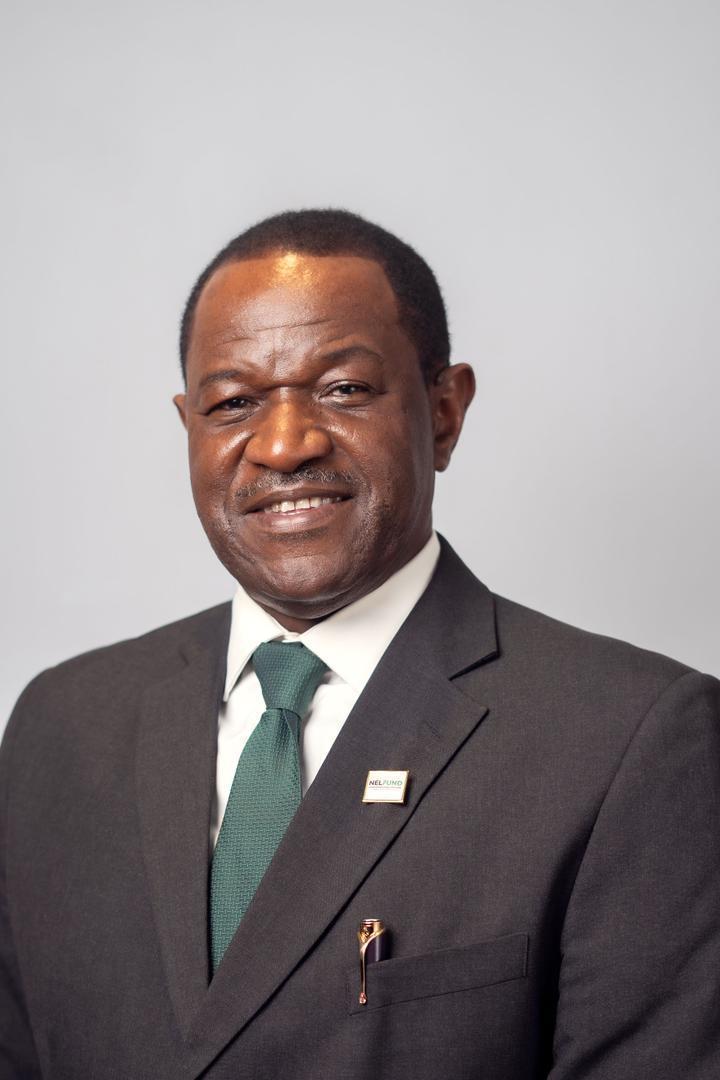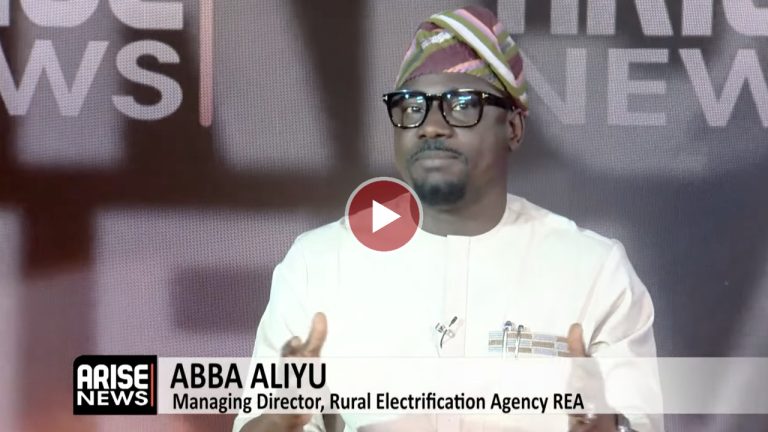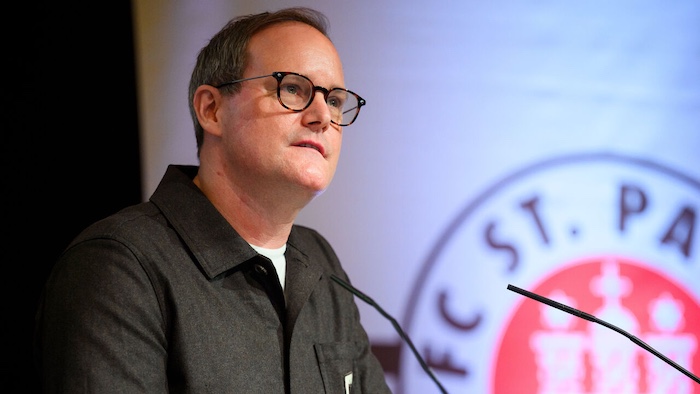By Chioma Obinna
Medical doctors under the auspices of Medical Guild have called for a coordinated, system-wide response to the persistent “no bed” challenge that continues to hinder timely patient care across medical facilities in the state.
Speaking at the Guild’s Scientific Conference in Lagos, Chairman of the Medical Guild, Dr Moruf AbdulSalam, said the perceived scarcity of bed spaces and the complexities surrounding patient referrals remain “stark realities that significantly affect patient outcomes.”
According to him, tackling the no-bed crisis must go beyond increasing bed numbers to addressing related barriers such as road traffic delays, rejection of referred patients, and inadequate inter-hospital communication.
“This conference represents our collective effort to confront these challenges head-on. We are exploring practical and collaborative solutions, leveraging technology, policy reforms and partnerships, to build a referral network that ensures no patient is left stranded.”
AbdulSalam said the conference theme, The No-Bed Conundrum and Safe Referrals: Exploring an Effective Referral System in Lagos, reflects the Guild’s commitment to supporting improvements in the state’s healthcare delivery.
“We see it as our duty, both as doctors and advocates for our patients, to contribute meaningfully to solving the systemic issues affecting healthcare in Lagos.”
Speaking on the sub-theme, Workplace Situational Awareness Among Doctors, AbdulSalam stressed the importance of equipping doctors with the skills to manage difficult interactions, interpret patient cues and prevent crises such as assaults or litigation.
He noted that continuous improvement was essential because “any doctor referring a patient today may become a patient tomorrow.”
Reflecting on lessons from COVID-19, he added: “We want a system that integrates both public and private sectors. There should be no discrimination between the two. Every actor must be on board.”
On the ongoing nationwide strike by resident doctors, AbdulSalam urged the Federal Government to address all outstanding issues.
“I plead with the government to accede to the 19-point demands of the resident doctors. Services have shut down nationwide because the state has failed the basic test of caring for its caregivers.”
Chairman of the Guild’s Board of Trustees, Prof Adetokunbo Fabamwo, commended the executives for their coordinated leadership, urging doctors in both public and private sectors to close existing gaps in healthcare delivery.
Delivering the keynote address, Dr Babayemi Osinaike said the no-bed challenge must be analysed in relation to population growth and the distribution of available beds.
He identified technology as a major driver of solutions, noting that telemedicine and digital platforms can reduce pressure on emergency units.
“Telemedicine allows patients to consult from home, freeing up hospital beds for those who truly need in-facility care,” he said. “With a proper digital network, doctors can identify available beds across hospitals before referring a patient.”
Osinaike called for a unified platform connecting public and private hospitals, adding that designated private facilities should be available to receive patients when government hospitals are full. He also encouraged Lagos residents to enrol in the state health insurance scheme to improve affordability and reduce financial strain during emergencies.
Permanent Secretary, Lagos Health District VI, Dr Olufemi Omololu, speaking on workplace situational awareness, emphasised that doctors must remain alert to their surroundings to detect and prevent problems before they escalate.
He noted that effective patient-doctor communication requires patience and empathy.
“Doctors must recognise both verbal and non-verbal cues, including the patient’s tone, body language and emotions. Communication must be clear, concise and delivered with compassion.”
Omololu warned against overwhelming patients with medical jargon and stressed the importance of patient-centred care.
In her goodwill message delivered by Dr Omolara Agbaje, wife of the Lagos State Governor, Dr Ibijoke Sanwo-Olu, praised the Guild for its sustained advocacy and contributions to medical practice.
“The Medical Guild has played a significant role in strengthening healthcare delivery and promoting the wellbeing of doctors across Lagos,” she said. “This AGM provides a platform to deepen collaboration and advance medical practice in our state.”
She pledged continued support for efforts aimed at achieving universal health coverage and urged participants to apply lessons from the conference to improve service delivery.
Director of the Lagos State Ambulance Service, LASAMBUS, Dr Beatrice Makinde, said delays in emergency response often stem from the multi-layered processes within the command-and-control system.
She added that many patients bypass nearby primary health centres, even when they are adequately equipped, and instead go directly to secondary and tertiary hospitals, worsening overcrowding.
Also, Deputy Director of Clinical Services at LASUTH, Dr Bamidele Ayodele, identified affordability as a major driver of the no-bed syndrome in public hospitals and called for a multi-pronged strategy to address the issue.



